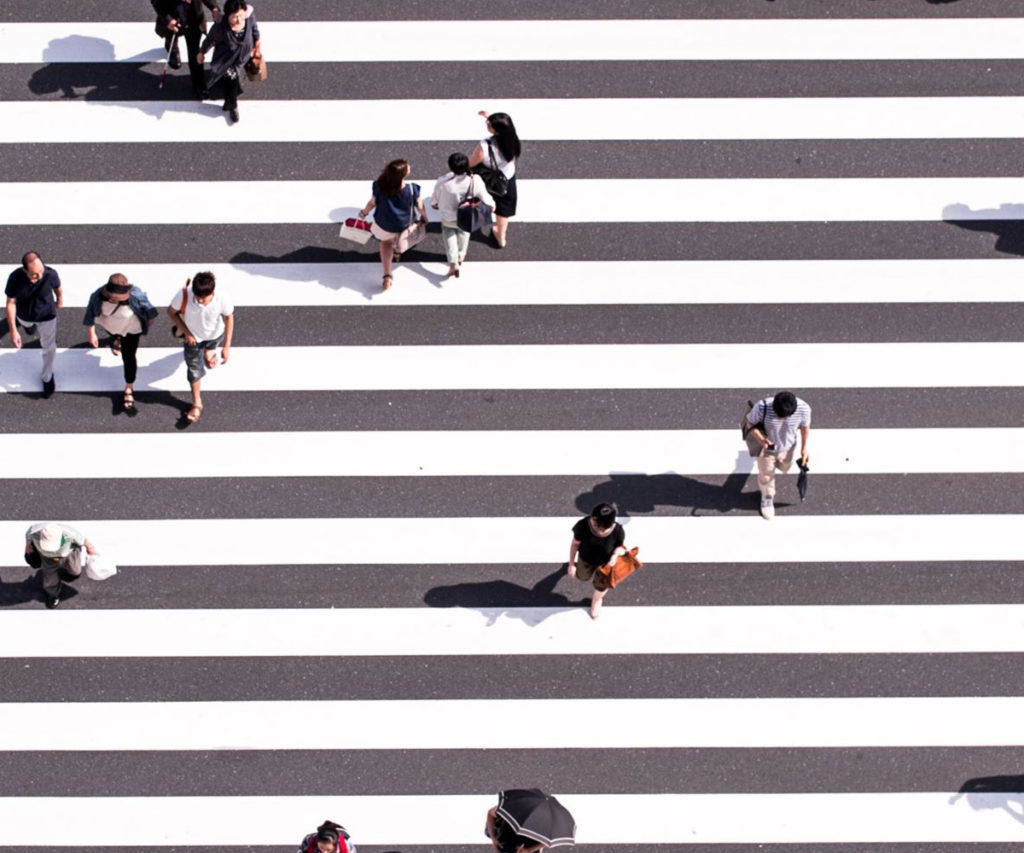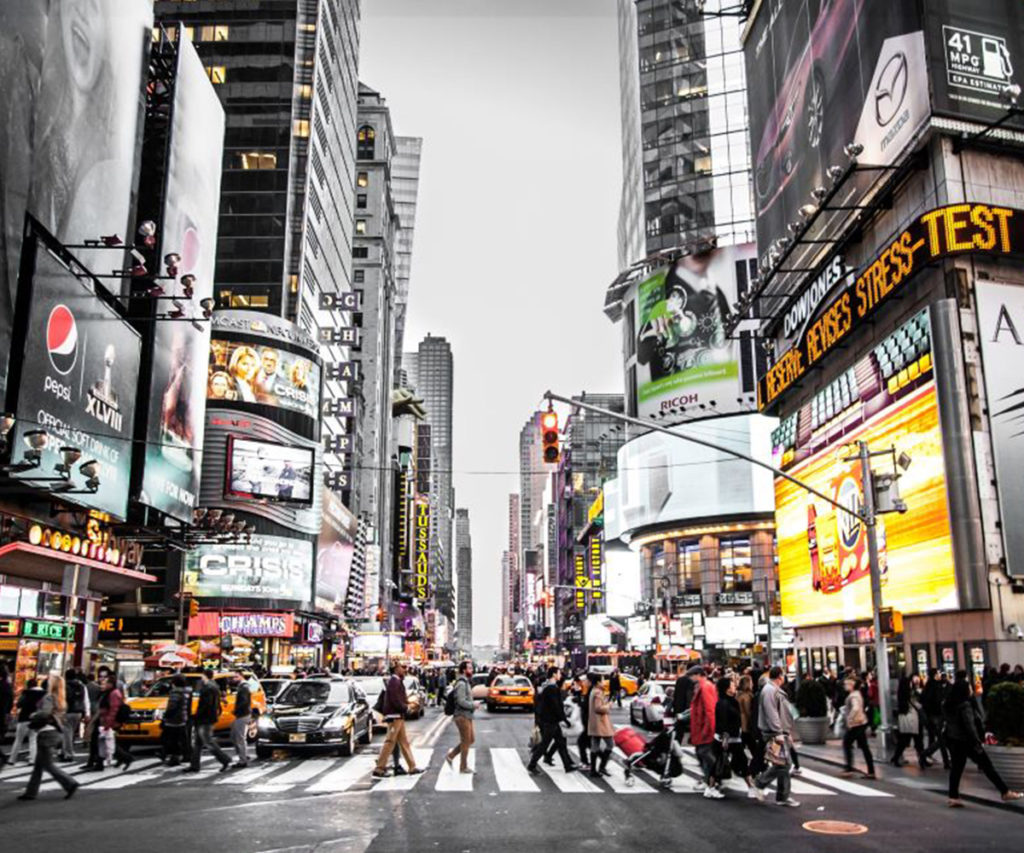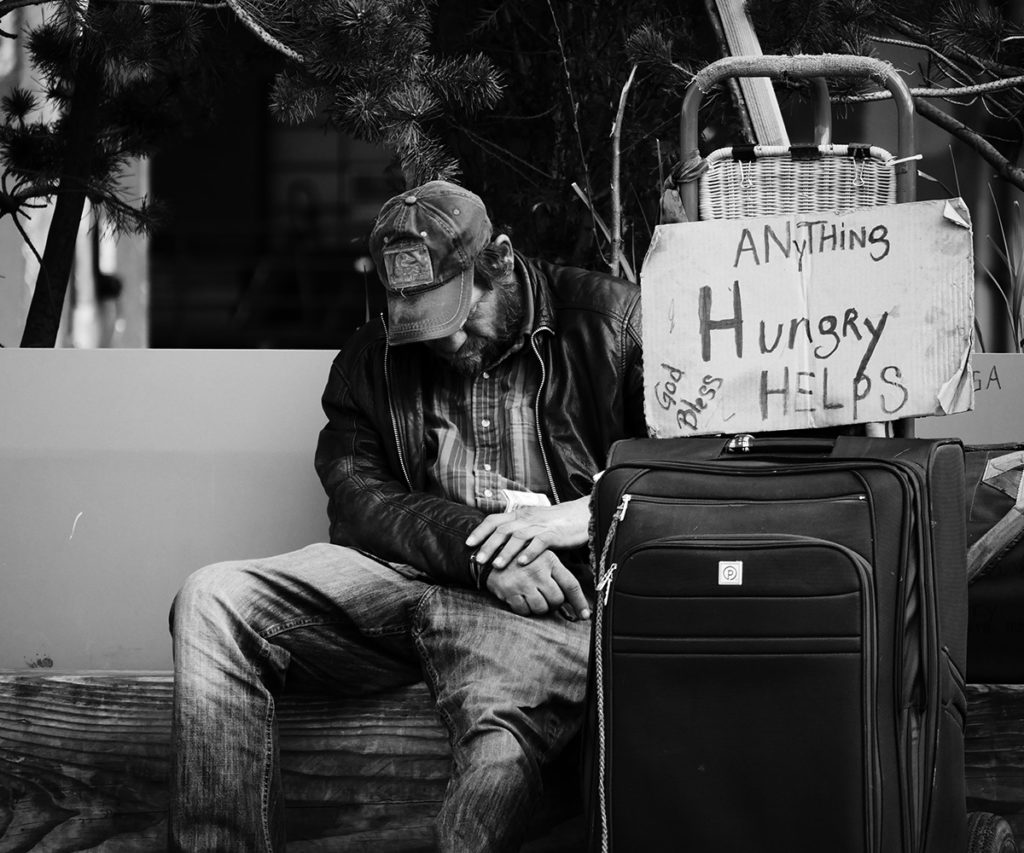As we enter the fourth month of the novel coronavirus outbreak, chances are you are among the 20% of the world’s population under lockdown, or paid to stay home to avoid a massive layoff.
A prolonged economic downturn would be devastating to all of us, but perhaps more so to the charities, NGOs and social enterprises that provide critical services to the under-served populations. At FSI, we feel compelled to urge the Hong Kong government, individuals, companies, and institutional donors to give the social sector a lifeline. Read the article co-written by the FSI board here and find out how you can help.
The situation is dire, but compassion abounds. Around the world, people are building and expanding mutual aid networks, compiling resources in the form of Google Docs to help each other, ensuring everyone can stay home and healthy while still having access to essentials. Meanwhile, companies around the world are reconfiguring production lines to provide frontline medical staff with protective gear. And some tech startups are mobilizing housing to accommodate the thousands of health professionals who relocated to fight the virus on the front lines.
Many of the social businesses in FSI’s portfolio have been hard at work to adapt their business model and address COVID-19 as directly as possible. Soap Cycling has been distributing hygiene kits to street cleaners and those in need in various districts in Hong Kong since late January. Through Twopresents, individuals are donating gifts and money to support charities. EmpowerU is shifting its classes online and providing videos on health and wellness and COVID-19 for the migrant worker population in Hong Kong.
In light of COVID-19’s disruption to global supply chains, bakbamboo will be hosting a panel discussion in May to raise awareness of sustainability in supply chains. While a discussion on supply chains may not seem directly related to COVID-19, the issue is particularly relevant now as global supply chains have been fragmented, making already vulnerable populations even more at risk. For example, about a million garment workers in Bangladesh have lost their job as some of the world’s biggest fashion companies are abandoning suppliers and refusing to pay for the completed work.
With its annual conference now rescheduled to 24 September 2020, G.R.E.E.N. Hospitality is digitizing its promotion of and knowledge exchange on sustainability in the hospitality industry, covering issues from energy conservation to waste reduction and management, through its research reports, podcast, and live chats with industry experts.
CMHA HK, a business-led alliance committed to promoting good mental health for workers in Hong Kong, has recently launched its new COVID-19 Weekly Bulletin to provide the latest information on mental health and COVID-19 to support companies and their employees.
The Social Sector Needs a Lifeline, and We Can All Help
Yet in the narrative surrounding how the coronavirus outbreak will hurt the global and local economies, not enough attention is paid to the social sector, which currently hangs by a thread.
In Hong Kong, the social sector employs more than 50,000 people and serves about one million disadvantaged people, but did not benefit from the initial HK$30 billion relief package announced by the government (although more funding may be made available to benefit NGOs later). With revenue plummeting due to cancellation of fundraising events and decreases in donations, one in four social enterprises has had to close or suspend operations. Many NGOs and social enterprises are on the brink of closing their doors forever, putting the disadvantaged communities they serve at even greater risk.
In addition to swift government assistance, there is a lot that individuals, companies, and institutional donors can do to help plug the resource and funding gap, so that high-impact organizations can keep their doors open. The struggles faced by social businesses in Hong Kong are by no means unique, although social enterprises in some places are provided with more emergency support. So wherever you are, please find out what high-impact social businesses need, and offer your help.
As charities, NGOs and social enterprises work harder than ever to meet the increasing demand for their services, the leaders, whose compassion led them onto their respective journeys to drive positive social impact, are juggling mental health challenges that are just as real as their organizations’ operational and financial challenges.
To leaders in the social sector who are reading this, perhaps just as important as the great work you do is sparing a little compassion for yourself, which will enable you to better navigate the obstacles and serve those who depend on your support. Mind HK, a mental health charity, offers multilingual resources on managing mental health. Online learning platform Coursera is offering “The Science of Well Being”, one of Yale University’s most popular courses, for free. Or consider joining your fellow leaders in Asian Charity Services’s “Resilience in the Face of COVID-19” webinar.
We wish you the best of health. Stay well-informed, and be kind. Let us take this pandemic as an opportunity to rethink how we can support the individuals and organizations that are essential to the creation of a sustainable and equitable future for all.
Talk to Us
What are the challenges you’re facing and how are you coping during COVID-19? Send us an email on info@shared-impact.com and share your stories with us!




